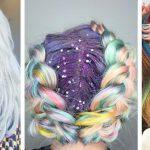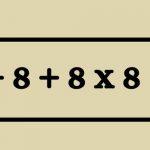Find out which of those awesome ’90s pop culture feminists is your true soul sister. Which ’90s Fictional Feminist Are You?
Quiz: Which ’90s Fictional Feminist am I?
Are you ready to put your pretentiousness and defensiveness to the test? Look no further than the quiz titled "You're so pretentious and defensive, yeah you're..."
This quiz is designed to challenge your ability to recognize and acknowledge your own pretentious and defensive tendencies. It will ask you a series of questions that will require you to reflect on your behavior and attitudes in various situations.
Don't worry, this quiz is not meant to shame or judge you. Rather, it is a tool to help you become more self-aware and improve your communication and relationships with others.
So, are you up for the challenge? Take the quiz and see how you score!





